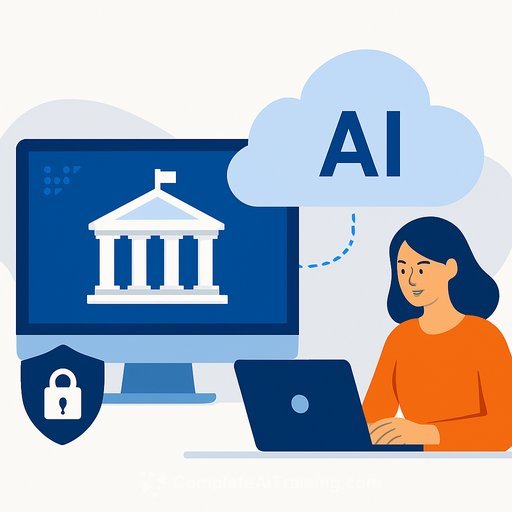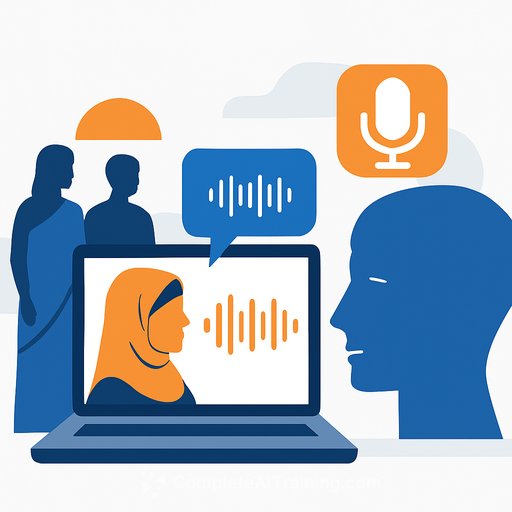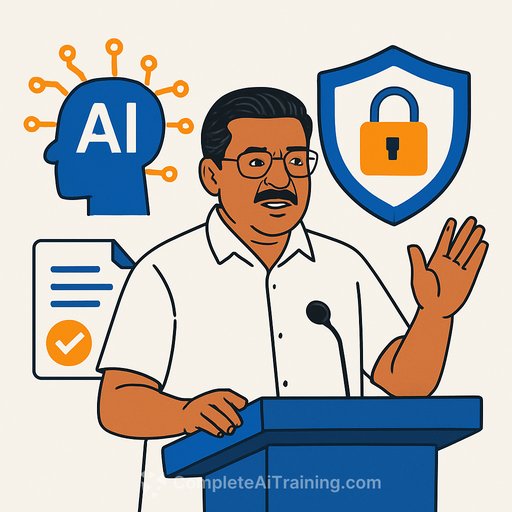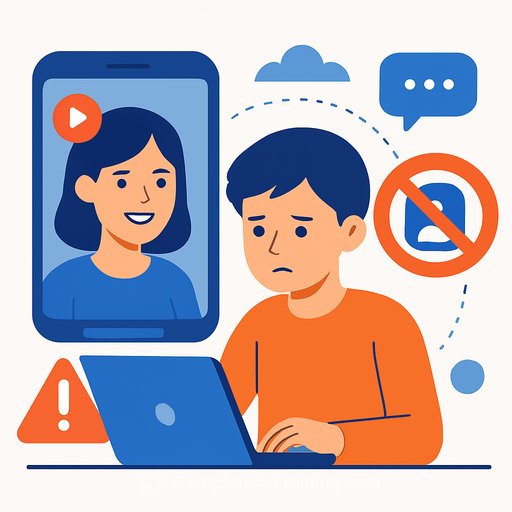Kalika Deepa: AI-assisted learning for Classes 4-6 in Karnataka government schools
The State government has launched the Kalika Deepa programme to help students in Classes 4 to 6 improve competency in mathematics, English, and Kannada using Artificial Intelligence (AI). The initiative follows a 2024-25 pilot in three schools across Koppal and Tumakuru that showed clear gains in reading and language skills.
Backed by the 2025-26 State Budget, the rollout covers 1,145 government primary schools with computer labs and will reach 1.44 lakh students this year. Expansion to 2,000 more schools is planned in the next phase.
Who is running it
The programme is implemented in collaboration with the EkStep Foundation and supervised by the Department of State Educational Research and Training (DSERT) and Samagra Shikshana Karnataka. It uses a data-based technology (DBT) approach to track learning and guide practice.
Why this matters now
Multiple learning assessments, including the Annual Status of Education Report (ASER), have flagged gaps in foundational skills-especially maths and English-among primary school children in the State. Kalika Deepa targets these gaps early and consistently through structured practice and feedback.
- Reference: ASER Centre
- Partner: EkStep Foundation
What students actually do
Modules are activity-based and built with DSERT. Students engage with: short videos and audio for pronunciation and word meanings, guidance on writing numbers, and step-by-step practice for simple maths problems. The AI interface answers student questions and supports listening, speaking, reading, and writing-so learning sticks through practice, not rote.
Infrastructure and readiness
Schools involved are being readied with reliable Internet and headphones for every active workstation so students can engage without classroom noise or distraction. If you manage a school or block-level rollout, use this quick checklist.
- Computer lab readiness: device count, working headsets, charging, and basic ergonomics for Class 4-6 groups.
- Connectivity: stable bandwidth; offline fallback where possible; simple login flows for students.
- Timetabling: fixed weekly slots for each section; avoid ad-hoc usage.
- Teacher facilitation: one facilitator per lab session; quick scripts to guide students and flag issues.
- Safeguards: clear data privacy and acceptable-use norms; display rules in the lab.
- Support: a simple escalation path (school → BEO → district helpdesk).
What early results show
The pilot indicated reduced reading difficulties and a narrowing of learning deficits among participating students. Teachers reported improved language proficiency, which also carried over into other subjects. The takeaway: frequent, guided practice with immediate feedback moves the needle on fundamentals.
How to measure success this year
- Baseline: quick reading and numeracy checks for Classes 4-6 before lab sessions begin.
- Usage: minutes per student per week, number of activities completed, and question attempts.
- Progress: month-on-month improvement in word recognition, reading fluency, and basic arithmetic.
- Equity: participation rates for all sections and student groups; ensure no class is left behind.
- Teacher feedback: note recurring student doubts to refine classroom teaching.
Role clarity for administrators
- Head teachers: lock the timetable, verify lab availability, and track weekly usage.
- BEO/BRP/CRP: verify infrastructure, conduct spot checks, and resolve bottlenecks fast.
- District teams: ensure headphones and connectivity are in place; publish a simple troubleshooting guide.
- State team: monitor dashboards, support content updates with DSERT/EkStep, and prepare expansion to 2,000 schools.
Practical tips to keep momentum
- Keep sessions short and focused (20-30 minutes) to maintain attention.
- Pair weaker students with peers for quick help without slowing the class.
- Celebrate small wins weekly-activity streaks, improvement badges, or class shout-outs.
- Close the loop: teachers spend 5 minutes after each lab session reinforcing one concept in the classroom.
What to do now
- Confirm your school's inclusion and timetable slots.
- Audit lab devices, Internet, and headphones; fix gaps within a week.
- Brief teachers and lab facilitators with a one-page session plan.
- Start baseline checks; log results for monthly reviews.
- Report weekly usage and issues to the block officer without fail.
Optional upskilling for oversight
If you're leading implementation and want a quick primer on AI tools and basics for education programmes, you can explore concise courses here: Latest AI courses.
Kalika Deepa is built for consistent practice and clear feedback. With tight execution-labs ready, teachers enabled, and simple metrics tracked-government schools can lift foundational learning for Classes 4-6 at scale.
Your membership also unlocks:






